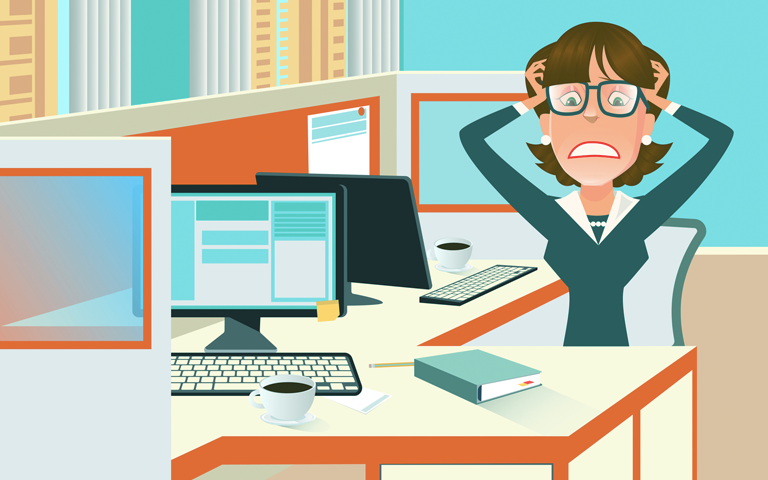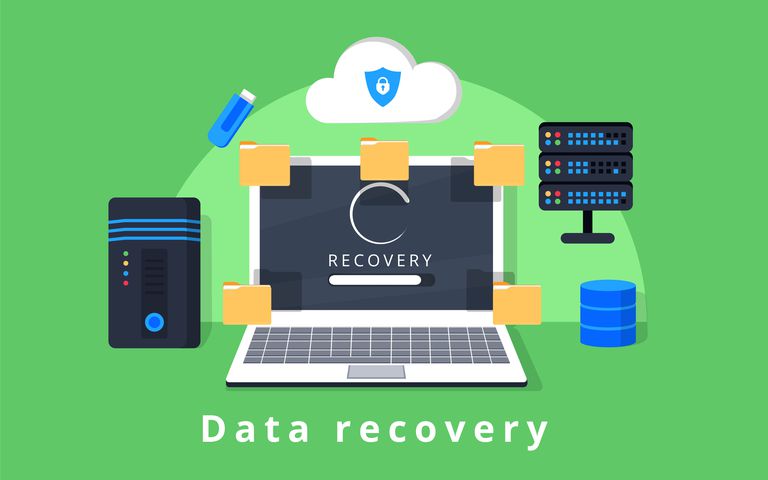Hard Drive Failure: What Causes It and Things to Do When it Happens

Your hard drive can house some of your most critical files: family pictures, financial documents, the sci-fi novel you’ve been working on, and much more. Further, while it’s convenient to save important files to your computer, what happens if that device experiences hard drive failure?
Hard Drive Failure: The Causes
Failure can happen for many reasons, and sometimes there’s nothing you can do to control it. To demonstrate, some hard drives could fail out of the box because the manufacturer failed to test them properly.
There are signs you’ll know when this happens. For one, your computer might not recognize the device installed and this could cause it to stall when you boot up your computer in which case you follow the return directions outlined by the hard drive manufacturer.
Corrupted Files
Another issue concerns corrupted files installed on your device. This could be done remotely through someone hacking into your system to alter file access, you inadvertently clicking on a link that downloads malware onto your computer, or as Stellar Info notes, a sudden shutdown due to power failure could render some files inaccessible.
Heat
Meanwhile, heat could be another cause of failure. Normally, this happens when the computer doesn’t have proper ventilation-the fan could have broken down or run slower than normal.
As the hard drive heats up, it will sometimes make a clicking noise. You’ll also notice the computer or laptop is warm to touch. Therefore, if you notice these things happening, it’s imperative to have the fan inspected and to turn off the hard drive immediately to prevent further damage.
Misaligned Disks
Lastly, improper alignment can also lead to failure. Your hard drive’s interior structure contains thin, magnetic plates, which run parallel to each other. If for any reason, the plates misalign, they could touch each other resulting in hard drive failure.
These are just a sampling of the problems you could encounter, and if you do experience them, here are some troubleshooting tips.
Correcting Hard Drive Failure
Diagnosing the problem is the first step to the solution; this is why it’s important to pay attention to warning signs such as a grinding noise, error messages indicating your files are inaccessible or your computer won’t load because it cannot read that drive.
In the case of heat, it could be your computer’s vents are clogged. Over time, dust and debris clog the vents, making it harder for the fan to cool the hard drive; therefore, it’s important to clean the vents regularly.
In the case of external hard drives failing, it’s important to ensure the ports are clean and undamaged on your computer (USB) and that everything connects. Meanwhile, you’ll also want to check your computer cable for signs of fraying or damage. Sometimes, problems that appear to be hard drive related might have to do with something else altogether.
In some cases, you might not be able to determine hard drive failure or be able to fix it. When this happens, allow us to help. Outsource’s data recovery experts have dealt with a wide variety of hard drive failures and can help you recover the data that’s most precious to you.
Along with using our services for recovery, it’s important to create a data backup moving forward so you have a copy of your most important files in case your hard drive goes wonky.

